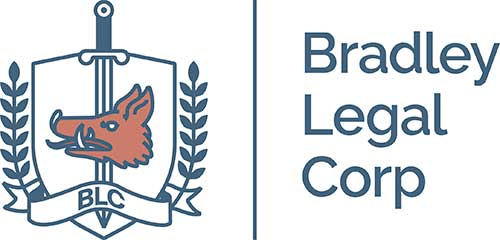One of the top questions I am asked is “what is the difference between a revocable and irrevocable trust?” The difference can be confusing, along with the reasons why. Especially when you see so many different types of trusts and terms such as: Revocable Living Trust, Irrevocable Trust, Revocable Will, Irrevocable Life Insurance Trust, Irrevocable Asset Protection Trust, Settlor, Trustee, Beneficiary, and so on and so on. It is intimidating and confusing. And many people just see the word “trust” and think all trust are the same.
Lets simplify this for you. Irrevocable means that you cannot revoke it. Think o fit as final or completed. Revocable is the opposite. It means that you can change it. If you change your mind, you simply revoke it. With an irrevocable trust, you cannot just change your mind since you have irrevocably made a will, trust, gift or whatever. That decision is final.
Now, there is a time and place to use a revocable or irrevocable trust, and it will depend on the clients facts, circumstances and goals. People tend to be scared of the term “irrevocable” and will generally ask “why would you want to make an irrevocable decision if we can’t change our mind later? Wouldn’t it be better to keep our options open” The answer really just depends on your goals. If we are simply talking about a will or any other type of legal document meant to only dispose of your assets at your death, or declare medical directives, like in a Revocable Living Trust, then yes, keeping your options open is very important. People will change their minds and life situations will often change many times before you die.
On the other hand, if you want to reduce the size of your estate for tax purposes then using a revocable gift or trust will not do you much good since the Tax Code will simply ignore the gift. You would need to use an Irrevocable Trust, or gift to accomplish that goal.
Now, what about Asset Protection? You now understand the fundamental difference between revocable and irrevocable. So, which type of planning would you think would stand up against an attack in court? Something that can easily be changed, or something that is finalized? If you said Irrevocable, hen you are correct. This is for the same reason that the IRS will see a gift made that is revocable still as yours, since you can take it back any time you want. Any asset protection plan that you can revoke at your discretion will run into the same problem. A court can simply tell you / order you to revoke your planning and presto, your asset protection vanished. When it comes to asset protection, one of the reasons you would want the trust to be Irrevocable is that if and when you are challenged in court, and the judge want to order you to bring any transferred assets back so that they can be collected on, or to order you to revoke your planning to give creditors access to them, you do not have the power at that point to do it. Depending on the jurisdiction, this then prevents a judge from being able to hold you in Civil Contempt to force you to comply.
In a nutshell, if you need flexibility and protection is not your main concern, then a revocable plan might work best for you. If you want to truly protect your assets, then the only way to go is with an irrevocable plan. And this leaves us with the next big question: “Is there a way to still have control of your assets, even if they are in an irrevocable asset protection plan?” The answer is YES, you just need to have the plan properly set up by experts.
By: Brian T. Bradley, Esq.
Bradley Legal Corp.
HNW – Asset Protection Attorney as featured on BiggerPockets Rookie https://podcasts.apple.com/us/podcast/dont-lose-your-portfolio-to-lawsuits-heres-how-to-protect/id1499646507?i=1000532349196


Recent Comments